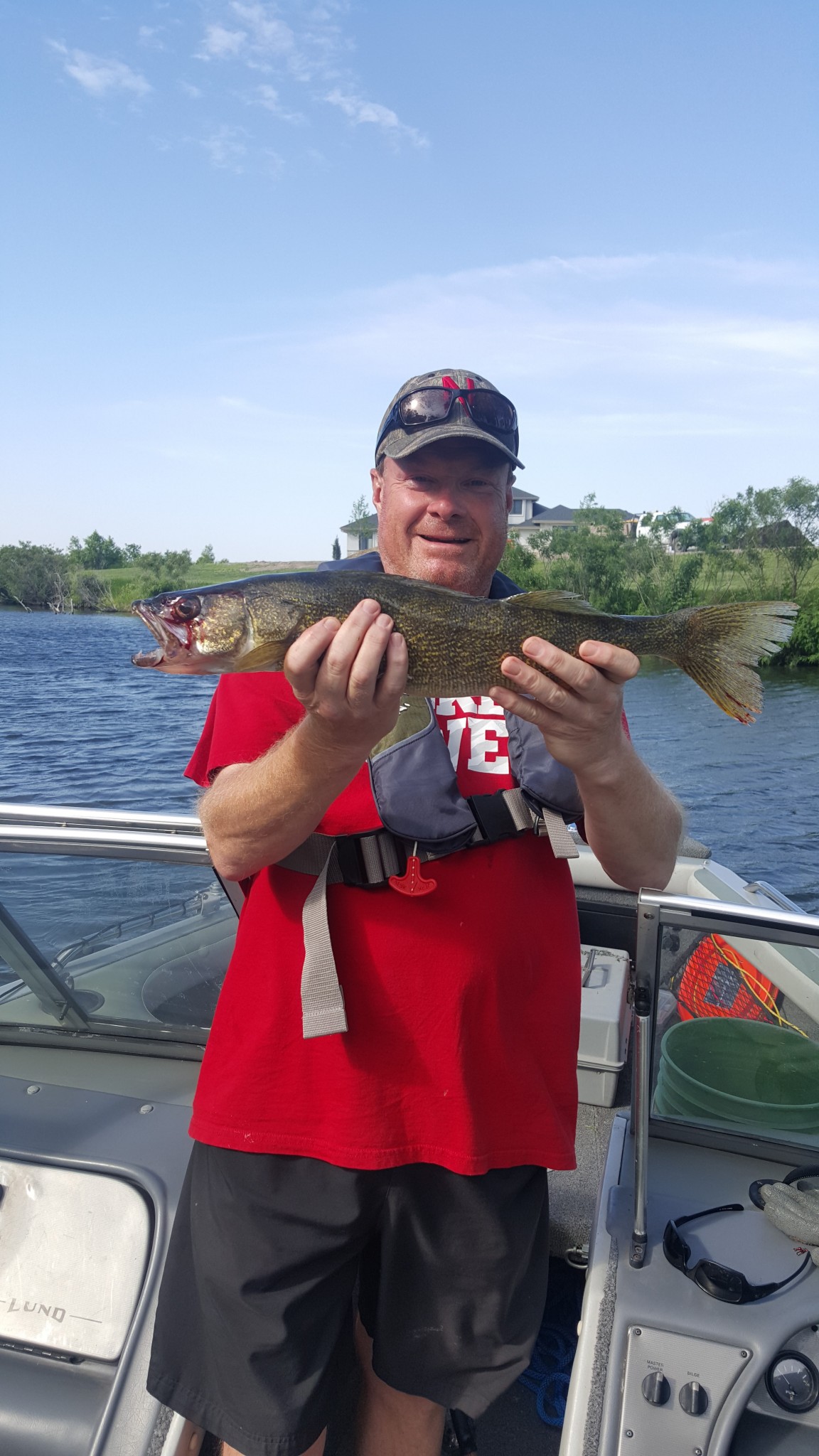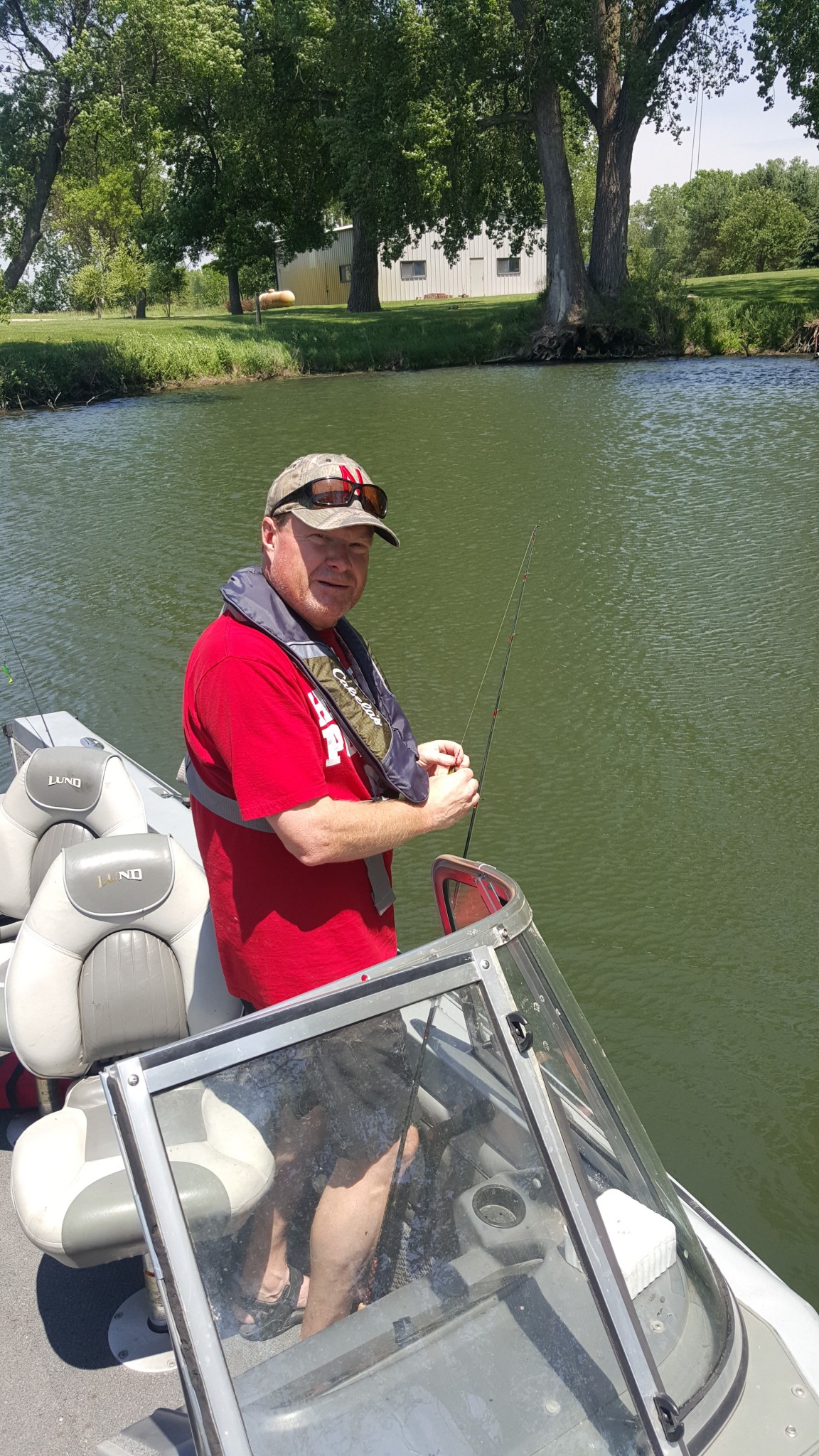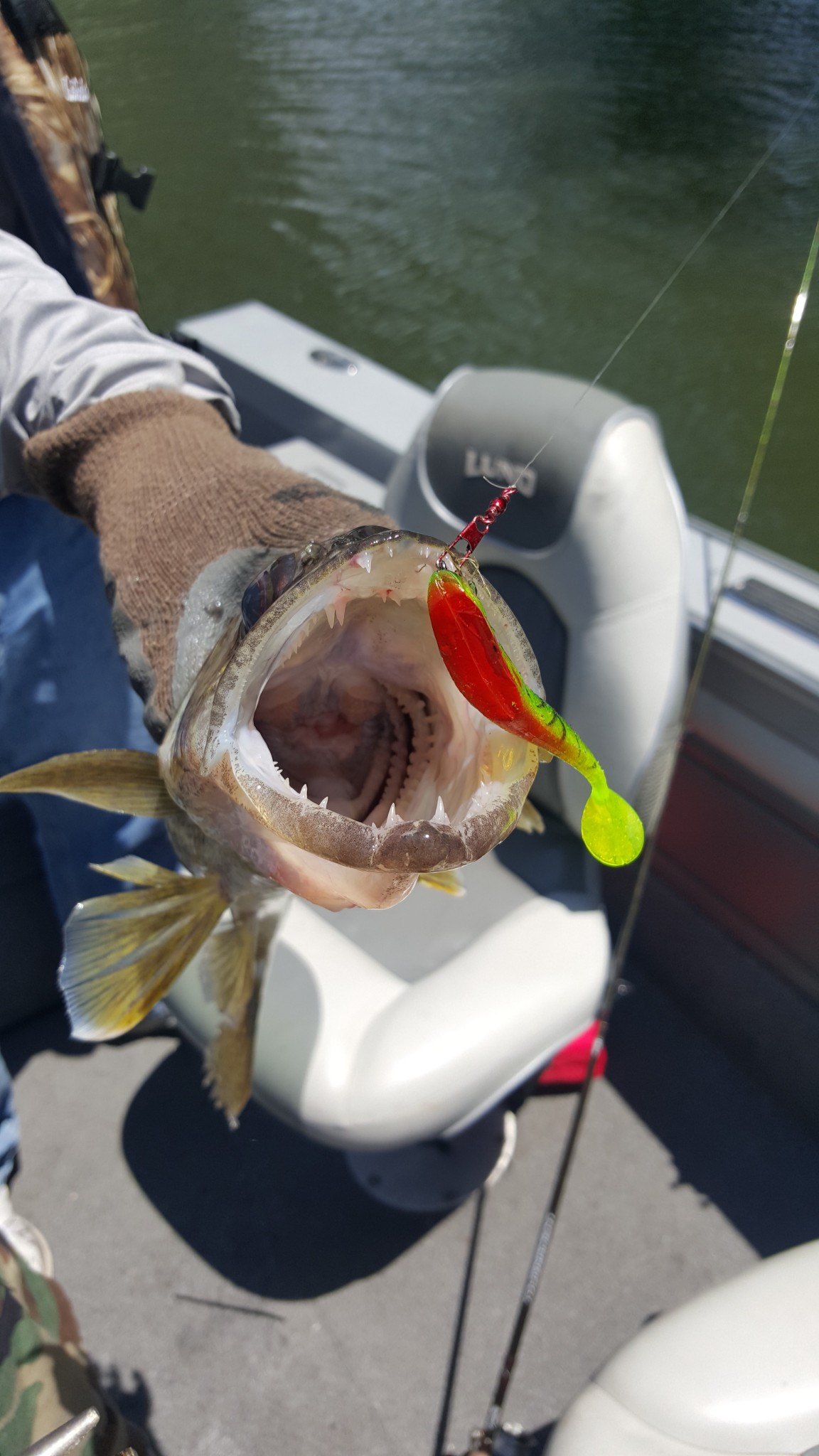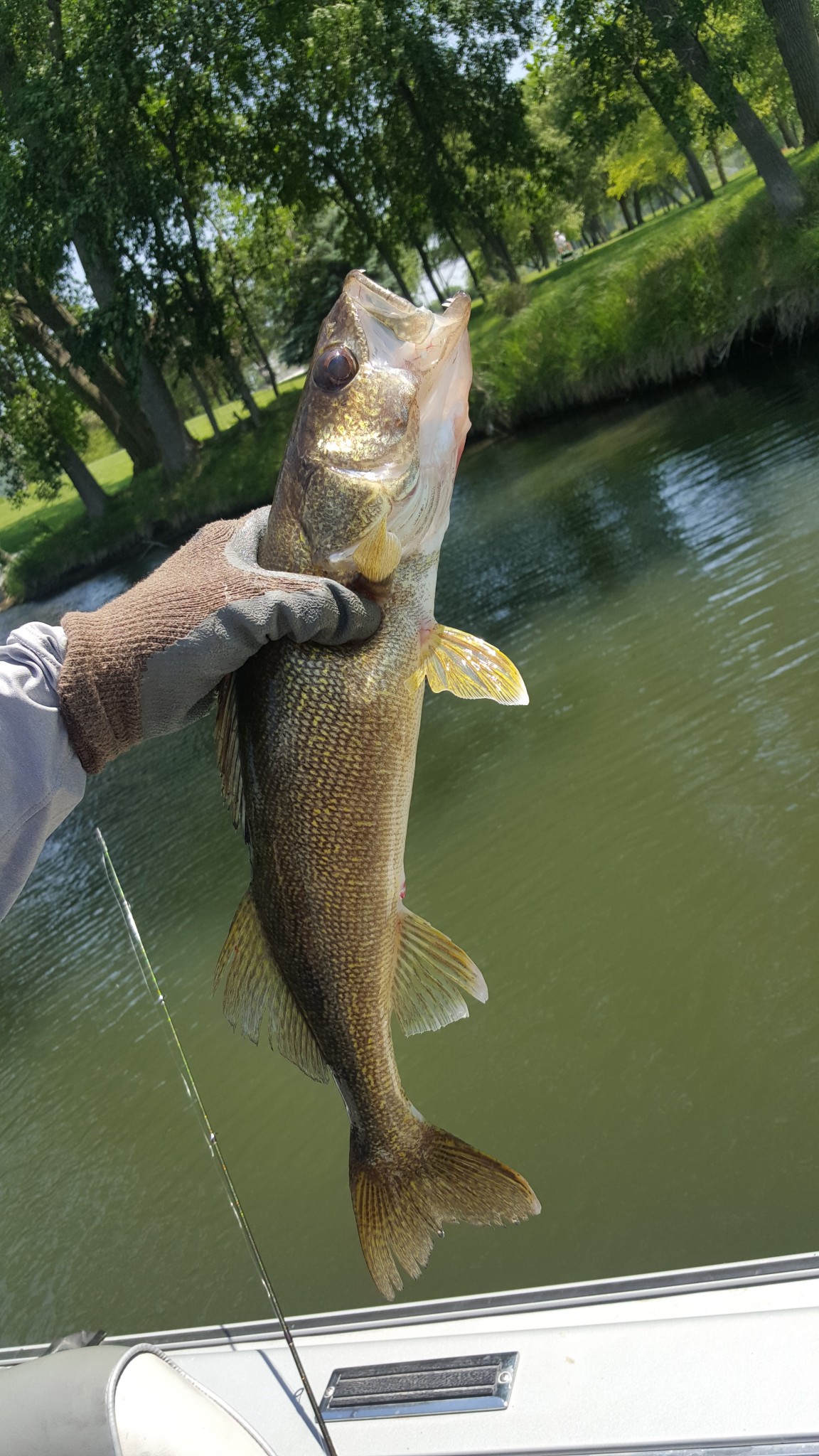If people concentrated on the really important things in life, there’d be a shortage of fishing poles. ~Doug Larson
Because I know of places where the water seems endless. Because the day is bright and the sand pulse along the shore is warm. Because I enjoy the challenge, pursuit and thrill of the catch (and release).

Sure, those are important components of recreational fishing. They are the primary reasons why we anglers wet lines. But there’s more to it, really there is.
Every angler has his or her own reasons for going waterside, no question about that.
A big part of fishing for me is the peace of mind that comes with it. I don’t mean you put your brain to sleep; any angler will tell you that if you’re not thinking about what you’re doing, you most likely aren’t catching any fish. However, fishing shares one similarity with good sleep, seriously. It takes all of the stresses of everyday life – the busyness, worries, responsibilities, etc. and pushes it right out of the brain.
There’s just no room for those pressures in my brain when I’m fishing. I’m concentrating on rigging my presentation, casting to a certain spot, working my lure or bait in the water, noting conditions, and watching the weather and wildlife, as well as keying in on the other things that go with effective angling.

Fishing is a calming influence, plain and simple. Being out in nature and the elements, away from the computer and your phone (unless you’re using it for pictures!), allows your brain to relax and focus on one simple task – catching fish.

The Recreational Boating and Fishing Foundation describes recreational fishing as a natural stress reliever because anglers are surrounded by nature, unplugged from electronics, and distanced from the so-called real world. That notion was supported by a team of researchers drawn from the University of Southern Maine, the University of Utah, and the VA in Salt Lake City. In a study involving combat veterans, they found that participants had significant reductions in stress and post-traumatic stress disorder symptoms and improvements in sleep quality after participating in an angling retreat.
The Recreational Boating and Fishing Foundation also reports that among the people in this country who hope to take up fishing, 38 percent say they see fishing as a means to relax and relieve stress. Many of these prospective anglers think the soothing sound of water lapping at the shore and the pull of a fishing line would be enough to drive their stress away. And, you know what? They would be correct!

Fishing, more than anything else, personally takes me out of one world and places me fully in another, even if it’s just for a few hours. It’s a real world scenario, too, unlike trying to lose myself in a book, movie or TV miniseries. Fishing is completely atmospheric — it’s all around me at all times, and it demands my full attention.
For me, the opportunity of feeling unfettered optimism in angling is something of tremendous value. I get to feel it every time I put a rod and reel in my hands.
In this country and state, purchasing a fishing permit and having the freedom to spend a day near the water means a great deal. Whether it is trolling for walleye in a reservoir or using bobbers for bluegills in a farm pond, recreational fishing helps to release us from our highly stressful, everyday surroundings. Nothing brings on the sense of being alive and helps to rebuild and restore our mental reserves like a day interacting with nature in an aquatic environment.

The post Why Do I Fish? appeared first on NEBRASKALand Magazine.
















